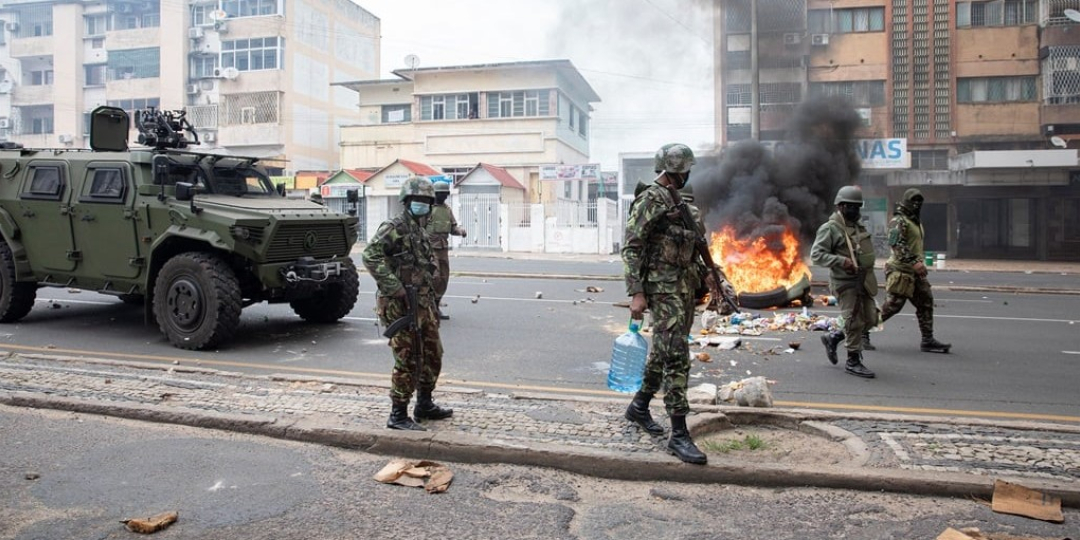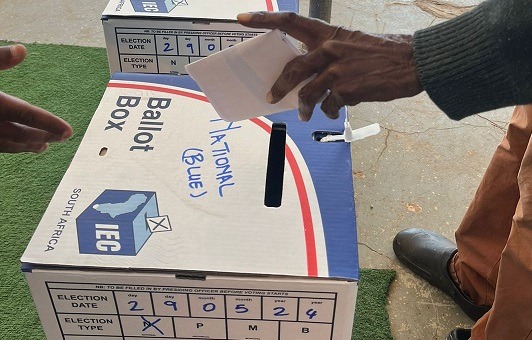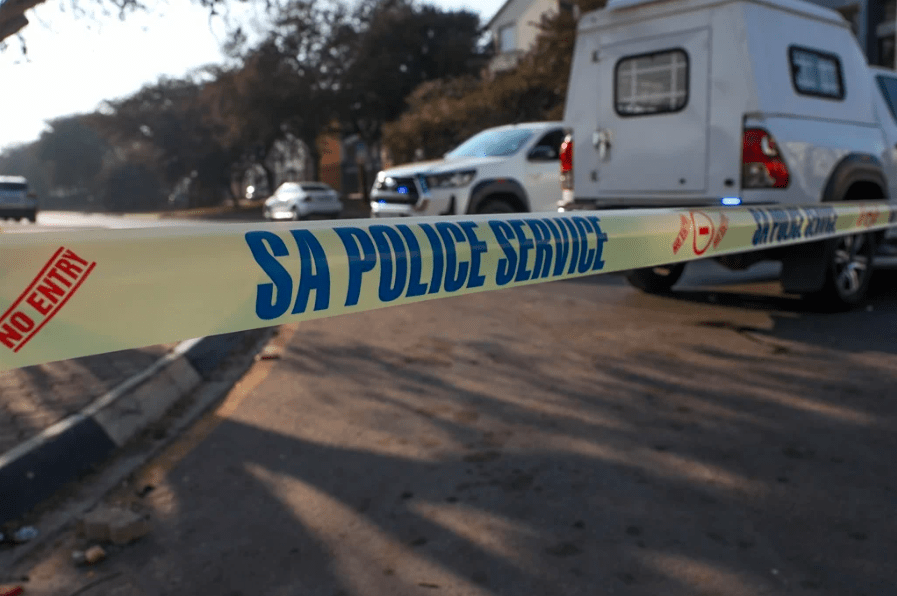30 Killed In Mozambique Post Elections Violence
Maputo-The death toll from post-election violence in Mozambique has risen to at least 30, with 110 injured in the past week alone, as the nation grapples with one of its most volatile political crises in recent history.
Amnesty International’s Deputy Director for East and Southern Africa, Khanyo Farise, expressed deep concern over the escalating violence, calling for an immediate halt to what the organisation described as a “bloody crackdown” by the Frelimo-led government.
“Enough is enough. For more than 50 days, Mozambique’s Frelimo-led government has refused to end its bloody crackdown on protesters,” Farise said. “Regardless of who won the election or their political views, everyone in Mozambique has the right to freedom of peaceful assembly. The authorities’ flagrant, continued, and escalating use of unnecessary and unlawful force against protesters must cease immediately.”
Farise further criticised the inaction of regional and international organisations, stating: “The world must condemn this state violence and take action to end it. Amnesty International has repeatedly called on the international community, including the Southern African Development Community (SADC) and the African Union, to take action to end this nightmare. Yet both organisations remain all but silent on the government of Mozambique’s ruthless assault on protesters. Instead of demanding an end to these growing human rights violations, SADC has only sent condolences to people who lost their lives and were injured while declaring the elections ‘peaceful.’”
The rights group urged the African Commission on Human and Peoples’ Rights to launch a fact-finding mission to investigate ongoing human rights abuses.
It also called on the United Nations to address the crisis with the urgency it deserves and appealed to Mozambique’s international donors and partners to take a firm stance against the government’s actions.
The protests erupted following Mozambique’s disputed general elections on October 9, which opposition parties alleged were marred by widespread irregularities and electoral fraud.
The ruling Frelimo party was declared victorious, extending its decades-long dominance, but opposition groups and civil society organisations have fiercely contested the results.
In the ensuing unrest, security forces have been accused of responding with excessive force.
According to Amnesty International, at least 329 people have been shot by police, resulting in 110 fatalities, including children and bystanders.
Over 3,500 individuals have reportedly been arbitrarily arrested, many of them opposition supporters or protesters exercising their right to peaceful assembly.
The violence has not been one-sided.
In retaliation to the government’s actions, some protesters have resorted to attacking police officers, members of the ruling Frelimo party, and staff from electoral bodies.
Instances of arson have also been reported, with protesters targeting police stations and Frelimo offices.
This recent wave of violence highlights deeper, long-standing issues in Mozambique’s political landscape.
Frelimo’s dominance since independence in 1975 has often been met with allegations of authoritarianism, electoral manipulation, and suppression of dissent.
Opposition parties, particularly Renamo, have struggled to gain meaningful traction in a system they argue is heavily skewed in favour of the ruling party.
The October elections were expected to be a test of Mozambique’s democratic progress.
Instead, they have laid bare the fragility of its political system, with trust in the electoral process and state institutions eroding further.
Despite the escalating violence, the international community’s response has been criticised as inadequate. SADC’s declaration of the elections as “peaceful” has drawn ire from human rights groups, while the African Union has yet to take decisive action.
Western donor nations and international organisations have largely issued statements of concern without implementing concrete measures to address the crisis.
As Mozambique’s crisis deepens, calls for accountability are growing louder.
Rights organisations and opposition leaders are demanding independent investigations into human rights abuses and greater international pressure on the Frelimo-led government to respect democratic principles and human rights.
Whether Mozambique’s leadership will heed these calls remains uncertain, but the need for a swift resolution is evident as the violence continues to claim lives and destabilise the nation.
Related
#Killed #Mozambique #Post #Elections #Violence #ZimEye



